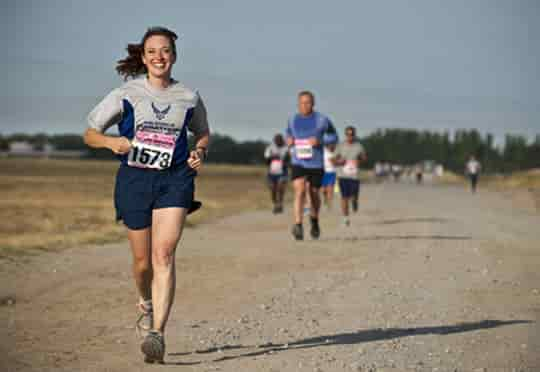Teamwork skills online or face-to-face involve spreading the team’s story, prioritising social skills, mixing genders, building trust and more…
Teamwork is more important than ever — especially now that some of it has moved online.
Failures in teamwork have caused accidents in nuclear power stations, planes to crash and businesses to fail.
Many organisations are trying to do more with less by relying on the efficiency of teamwork.
However, a collection of individuals doesn’t become a team just because it’s a called ‘a team’.
There are a whole range of psychological processes that need to be nurtured in order for ‘teamwork to make the dream work’, as the saying goes.
While all teams are different, there are some universals that all teamwork need, or at least can benefit from.
Here is what psychologists have discovered over the decades:
1. Prioritise social skills for great teamwork
Surely if you want to build a fantastic group whether online or offline, you put the smartest people together?
Not necessarily.
According to research conducted by Woolley et al. (2010), highly performing groups need social sensitivity.
In their study, 699 people were observed working in groups of two to five.
They found that the intelligence of the group is…
“…not strongly correlated with the average or maximum individual intelligence of group members but is correlated with the average social sensitivity of group members…”
And this finding is not an isolated one.
The importance of social skills emerges in the research again and again.
So, it’s not about putting all the biggest brains together, it’s thinking about the social dynamic:
- Who will listen to others?
- Who will share criticism constructively?
- Who will have an open mind?
- Whose will back other people up?
Great teamwork requires great social skills.
Teamwork quote:
“If everyone is moving forward together, then success takes care of itself.” – Henry Ford
2. Mix genders in teams
Since women’s social skills tend, on average, to be a little stronger than men’s, including women is one way of prioritising social skills for better teamwork.
Woolley et al.’s study reached the same conclusion: teams which included women did better than men-only teams.
But, that doesn’t mean you should take it to the logical extreme and build women-only teams: it’s all about the mix.
For example, Hoogendoorn et al. (2011) found that teams with equal gender mixes outperformed male-only and female-only groups in a business exercise.
Similarly, this Credit Suisse Research Institute report found that companies with at least some female board members have better share price performance than those that are men-only.
So, it makes sense to mix up the genders for effective teamwork.
Teamwork quote:
“A diverse mix of voices leads to better discussions, decisions, and outcomes for everyone.” — Sundar Pichai
3. Build trust for better teamwork
It’s very hard for people to work together effectively if they don’t trust each other — and this can be even harder online.
They also have to appear trustworthy to others or it may be difficult for them to do their job.
Teams that appear more trustworthy (hopefully because they are!) have been shown to perform better when negotiating with other groups (Naquin & Kurtzberg,…













